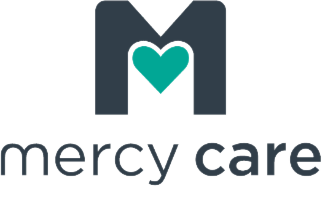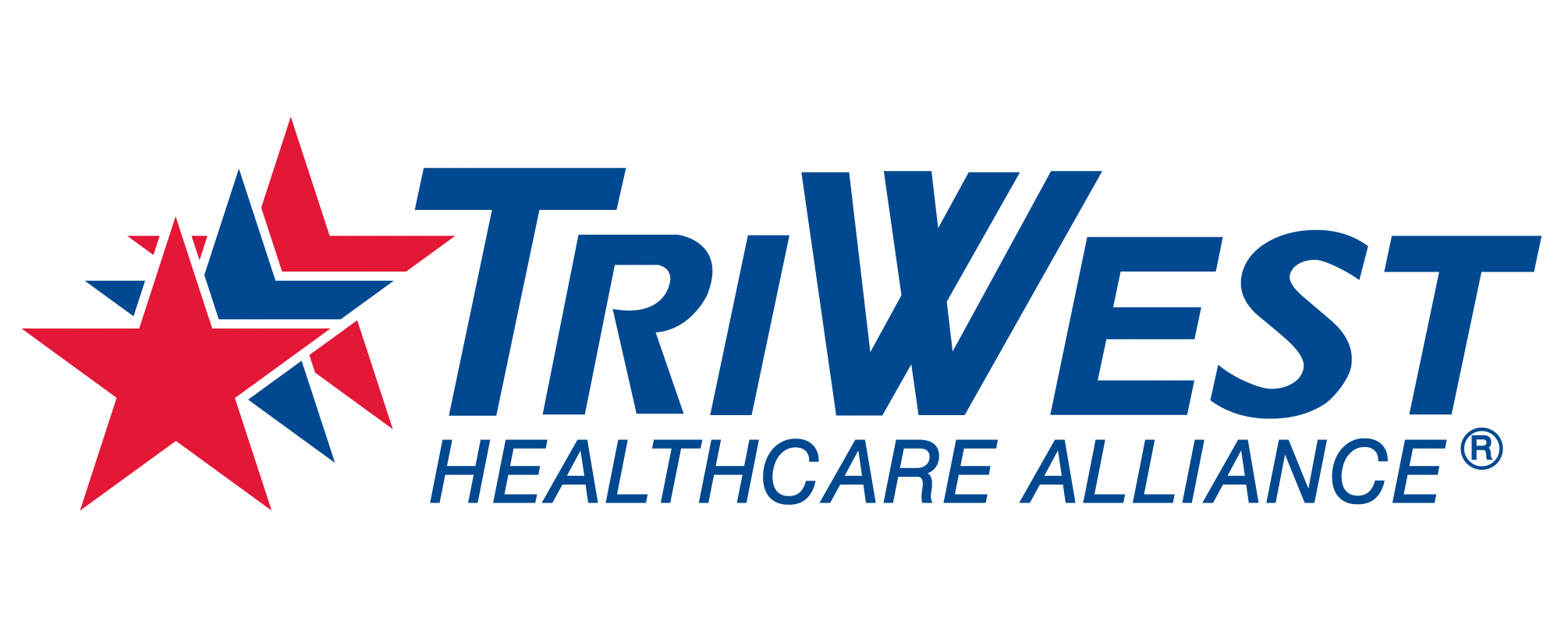Yes, methadone is safe and should only be used under prescription. Methadone is a synthetic opioid commonly used to treat severe, chronic pain such as from cancer, injury, or surgery. It is also used to treat heroin addiction and prescription painkillers such as OxyContin and Vicodin. Methadone prevents nasty withdrawal symptoms in those recovering from addiction. It is available in liquid, powder, and tablet forms.
Methadone is best-combined with a comprehensive medication-assisted treatment (MAT) program that includes counseling, behavioral therapy, social support, and other supportive therapies. It also helps reduce the spread of addiction-related death, HIV, and criminal recidivism. Methadone can be administered in the following ways:
- Intramuscular injection
- Intravenously
- Orally
- Subcutaneous injection
Methadone safety has been questioned due to the rising number of methadone-associated overdose deaths over the years. However, when taken only as prescribed, methadone is safe and effective and has enabled millions of people to fully recover from their addiction and improve their quality of life.
While methadone offers many benefits and is considered a safer alternative to other narcotics, it brings a high risk of overdose and some severe side effects. Understanding the side effects and long-term effects is essential in weighing out the pros and cons of using methadone. Methadone maintenance treatment (MMT) offers the following benefits:
- It blocks the effects of other opioids
- It helps reduce or eliminate cravings for opioid drugs
- It helps prevent the onset of withdrawal symptoms for 24 hours and more
- It promotes physical and emotional wellbeing
- Promotes the overall improved quality of life for patients
How Much Methadone Is Safe to Take?
Whether for pain relief or opioid addiction treatment, your doctor will prescribe a dosing schedule based on your needs, age, weight, and other considerations. Typically, your initial methadone dosage will be low or moderate as your doctor carefully observes your progress. For new patients, the dosage may start at not more than 30 to 40 mg, while a larger dose of 60 to 120 mg for long-term maintenance might be needed.
Following your doctor’s prescription as instructed is crucial for your therapy’s success. This is especially crucial for patients taking methadone at home and not required to take it under direct supervision in a recovery program. It is possible to overdose if you don’t take methadone as prescribed.
How Can I Ensure That I Take Methadone Safely?
Before starting your treatment program, ensure you fully disclose your health history, including your medications (due to interaction), to your healthcare providers. This helps ensure your safety during treatment. If you have any of the following conditions, you should not take methadone:
- Heart rhythm disorder
- Electrolyte imbalance
- Heart disease
- Lung disease
- Liver or kidney disease
- Breathing problems
- Conditions in which you have to take sedatives
- History of head injury, brain tumor, or seizures
- Problems urinating
- Gallbladder, thyroid, or pancreas problems
Here are some tips to follow for a successful methadone treatment plan:
- Only take the amount prescribed and at the right time as prescribed
- Do not chew or swallow dispersible tablets before mixing them into a liquid
- In case you miss a dose, do not take a double dose.
- Methadone can make you drowsy, so take caution when driving or operating heavy machinery
- If you feel like the treatment is not working, do not self-dose, instead inform your healthcare provider
- You should not consume alcohol while on methadone
- Keep methadone from the reach of children and pets
- Store your medication in a cool, dry place away from light
- Never share your methadone with anyone
If you suspect a methadone overdose, contact emergency services immediately. Overdose symptoms may include small pupils, slow heart rate or breathing, cold, clammy skin, severe drowsiness, fainting, or weak muscles.
SOURCES
https://pubmed.ncbi.nlm.nih.gov/24685458/
https://americanaddictioncenters.org/methadone-addiction/side-effects
https://prescription-drug.addictionblog.org/tag/methadone/
https://www.webmd.com/mental-health/addiction/what-is-methadone#1






